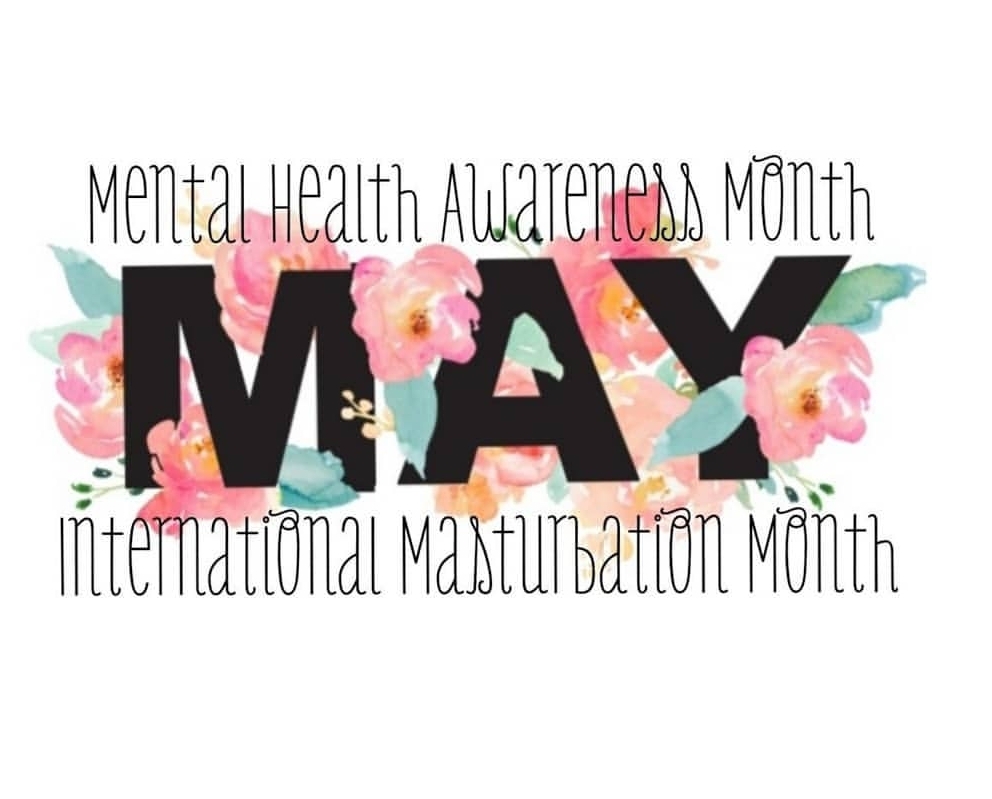Ever been in a situation where somebody is telling you a story and you get a PANG of emotion (fear, rage, anxiety, sadness)?
It may take you by surprise and leave you feeling confused. Thinking that it's disproportionate to what was happening...well you were triggered! Some of us are great at identifying these triggers and some of us need more help.
Triggers can be anything from environmental factors, opinions, certain words or even just people! Triggers also tend to have a physiological reaction: palpitations,dizziness, hot flushes, nausea etc.Identifying triggers is no easy feat but it will certainly serve you. Without becoming aware of triggers you are at the mercy of your emotions manipulating you.
Pay attention to your physical reactions. Like the ones I outlined above.
Be mindful of any thoughts or words that whizz through your head after the physical response
Notice your surroundings: who are you with, what are you doing, what can you see?
What were you doing before you were triggered?
Keep a journal on your phone or at home. See if you can find a pattern
Be patient! This takes practice and time so show yourself some self-care!
Consent is described as: permission for something to happen or agreement to do something.Consent is a vital part of creating a culture and community in which everyone feels safe and comfortable to live in.
Silence does not permit consent. It is clearly communicated, not negotiated.
An unconscious or intoxicated person under the influence of drugs or alcohol who is unable to knowingly consent cannot legally agree to sexual activity.
Past consent does not guarantee future consent.
A person has every right to change their mind at any point in time, because consent is ongoing.
Finally, even if you're in a long term marriage, consent is still vital.
Recently I have found myself thinking a lot about forgiveness. Partly because of articles I am writing about trauma and partly due to research I have been doing on culture and religion. Forgiveness is intertwined in most religions and indicates holding power.
There is this idea that in order to move forward, we must forgive. That with forgiveness we will find true happiness and freedom. I don't believe this is the case. I am not talking about disagreements or arguments that are had between couples or family members. It's those who have experienced trauma or abuse at the hands of others, individuals who walk into my clinic room, holding pain and suffering. Although the idea of forgiveness seems simple, it can be very emotionally loaded and complex, particularly for trauma survivors.
I understand, of course, that if a person comes in and finds that the word “forgiveness” resonates, I do not discourage it. Forgiveness is highly personal and individual. You do not need to forgive so you can move on, instead move on in the right way for you.
I have saved so many posts by @theequalityinstitute with the aim of posting them, but I can never decide which one!! They are all vital and powerful. I decided to choose this one for today because I believe that there still much more work to do around debunking stigma around Feminism. Feminism is about equality for ALL womxn. Feminism needs to be intersectional. It is important to to know that intersectional feminism points out that there are multi-layered facets in life that womxn of all backgrounds face.
The whole purpose of intersectional feminism is to listen to different kinds of feminists, not just ones like yourself. In other words; if you don't stand for all womxns rights , you don't stand for any
My lovely, talented friend @yattire has started up sound bath classes. I have been blessed enough to experience it!
Sound Baths are incredibly relaxing and beneficial to mental health. Researchers have found that sound waves can reduce blood pressure as well as enhance sleep and memory. Binaural beats, tones played simultaneously that are close in pitch but not identical, can be found in a sound bath session. Studies show these sounds can reduce anxiety and enhance mood states. Sound has been found to be a useful “brain exerciser”, helping to improve cognitive functioning and help with mental and emotional health.
I would really recommend having a go if you want a change to mindfulness and experience an escapism that can help heal you at the same time.
Masturbation is a great form of #selfcare that is fun, healthy and cheap!
In keeping with the theme of mental health it is also important to point out that masturbation can cause issues for some people. I often ask clients three questions which allow me to gain an understanding as to whether support is needed:
Can you cut down on your masturbation? Is it having a negative effect on your life and relationships? Do you feel shame/guilt following masturbating?
If none of these apply to you then happy masturbating! Otherwise there are many specialists out there that can support you.
This was one of the first things I learnt about therapy, from my own personal therapist.
When something feels uncomfortable to explore, you should focus on it. Talking about painful material in therapy is beneficial because this brings the material into the present where it can be looked at and understood. This is the time to feel uncomfortable so that your therapist can perform the psychological surgery that needs to happen for you to feel better later. Draining an infection is never pleasant, but it is necessary.
Avoiding a negative emotion buys you short term gain at the price of long term pain.







